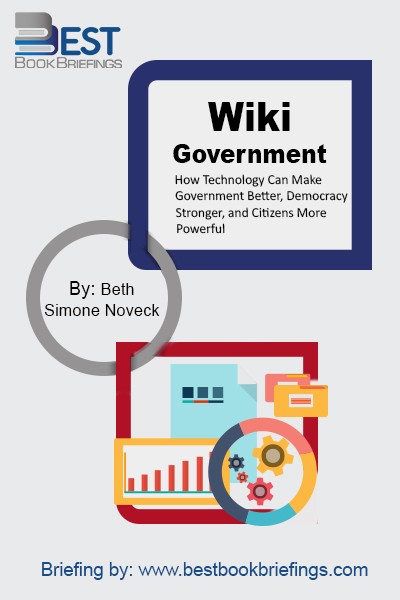Wiki Government
How Technology Can Make Government Better, Democracy Stronger, and Citizens More Powerful
Number of pages: 224
Publisher: Brookings Institution Press
BBB Library: Technology and Globalization, Politics and Public Affairs
ISBN: 9780815705109
Editorial Review
Collaborative democracy—government with the people—is a new vision of governance in the digital age. Wiki Government explains how to translate the vision into reality. Beth Simone Noveck draws on her experience in creating Peer-to-Patent, the federal government's first social networking initiative, to show how technology can connect the expertise of the many to the power of the few. In the process, she reveals what it takes to innovate in government.
Book Reviews
Books on Related Topics
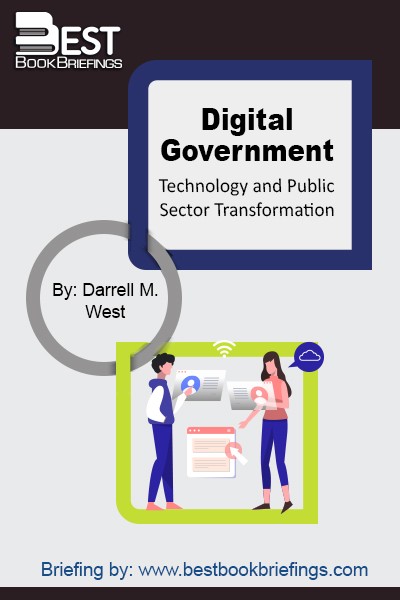
This book looks at the phenomenon of electronic government, that is, public sector use of the internet and other digital devices to deliver services, information, and democracy itself. Although personal computers have been around for several decades, recent advances in networking, video imaging, and graphics interfacing have allowed governments to develop
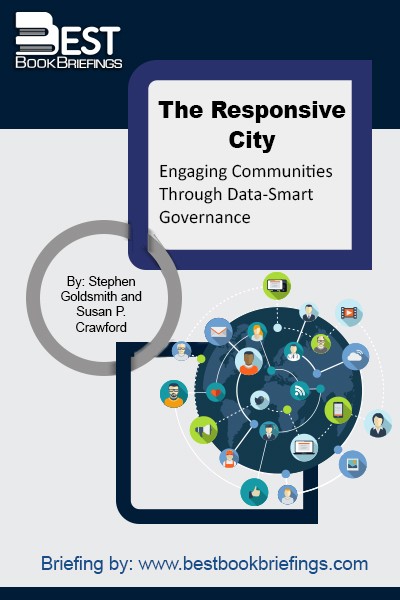
There is no better way to improve the lives of billions of people around the world than to improve the way cities work. For the first time in human history, the majority of the world's people live in cities. By 2050, 75 percent will. As more and more people move to

The book’s full name is ‘An Inquiry into the Nature and Causes of the Wealth of Nations,’ written by Adam Smith. This book is truly a masterpiece that gives great insights into the world of economics and management. The entire book is made of six books, discussing economics and explaining how

At the Harvard University John F. Kennedy School of Government, students are taught to ask Question “Zero” when considering a new policy, issue or initiative. Question “Zero” is, “What are we trying to accomplish?” What, then, is Servant Governing written to accomplish? The simple answer is that there is a way
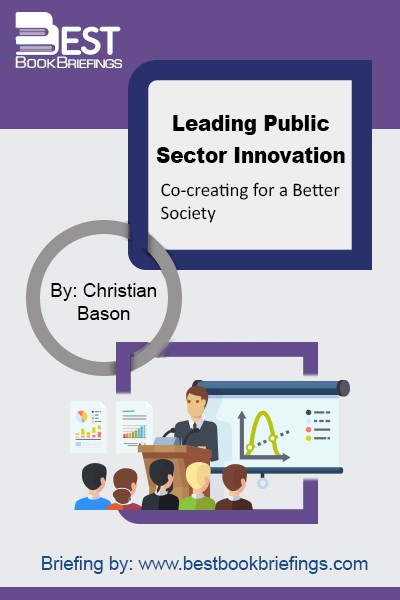
In a time of unprecedented turbulence, how can public sector organisations increase their ability to find innovative solutions to society's problems? Leading Public Sector Innovation shows how government agencies can use co-creation to overcome barriers and deliver more value, at lower cost, to citizens and business. Through inspiring global case studies
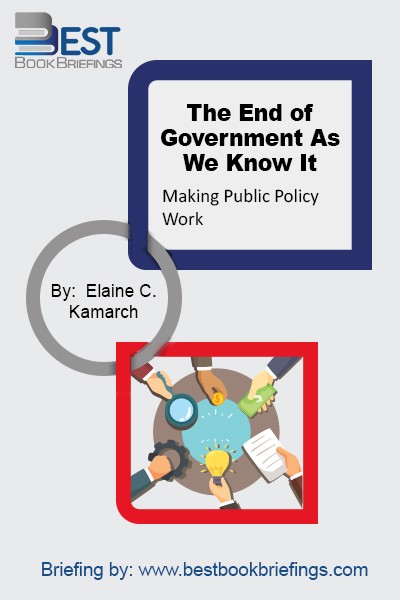
The End of Government examines how bureaucracy can be updated to deal with the quickly evolving demands of the twenty first century, and also uses real-world examples to help us understand how new alternatives can best be applied.
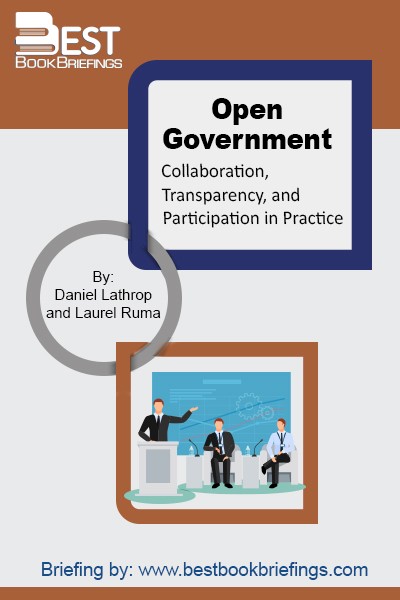
Open government is the notion that the people have the right to access the documents and proceedings of government. The idea that the public has a right to scrutinize and participate in government dates at least to the Enlightenment. Its principles are recognized in virtually every democratic country on the planet.
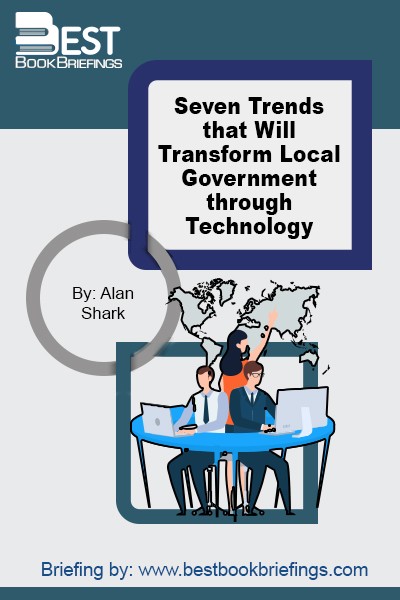
This book lays out an impressive, well-articulated set of trends that have affected or will soon affect local governments throughout the nation through technology. Amazingly, as Dr. Shark points out, all of this massive change has occurred within the past 12 years. While technology trends continue to play out in the

